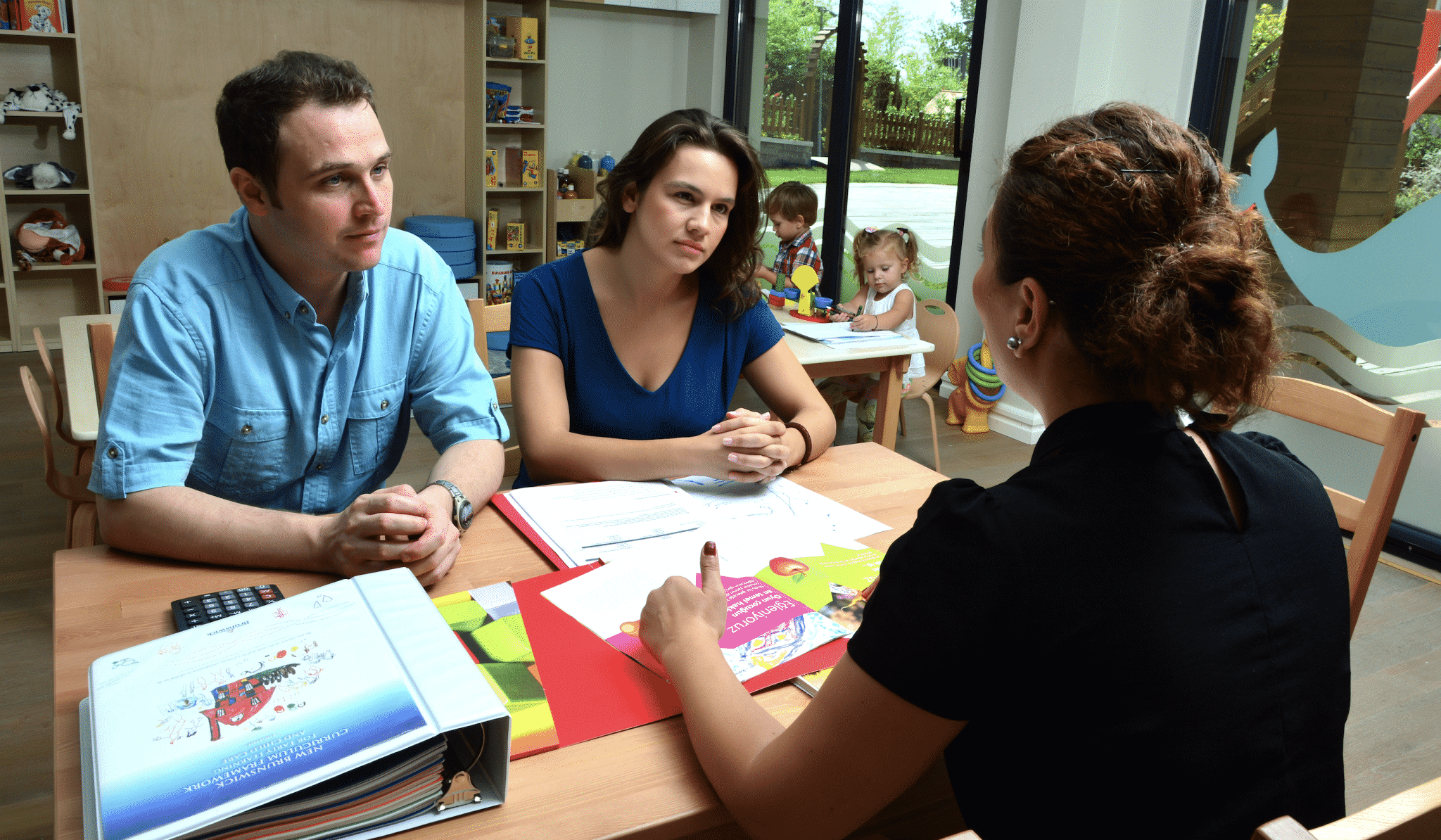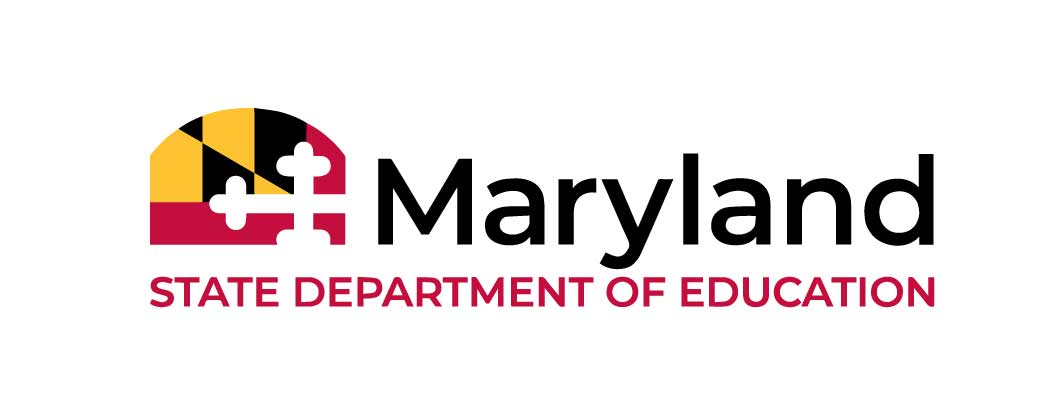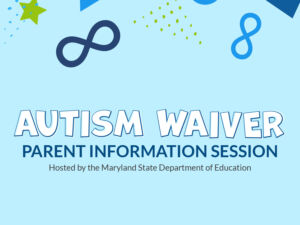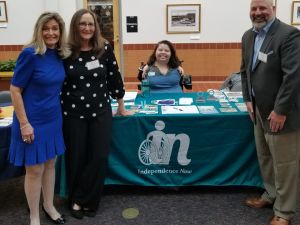Research in Practice- Family Partnerships: Shared Progress Monitoring

Spotlight – Stories from the Field
Michael Revell, Instructional Specialist K-8, Special Education, Prince George’s County Public Schools
Michael’s Challenge: Could parental partnerships be increased through opportunities to co-participate in data collection and data analysis of their learners’ use of instructional supports from the IEP?
Including missing parental voices within conversations about their learner’s use of instructional supports is a challenge. Best efforts to authentically engage all parental stakeholders could be hindered without the use of levers that identify and elevate (parental) voices that are missing or underrepresented. Dr. Revell, Tonya Waddy and Vera Edelin wanted to explore whether or not shared progress monitoring could play a key role in obtaining those parental voices that are missing at the table.
Implementation Plan
Michael took the following steps:
- Learners of underrepresented parents were identified using the following baseline:
- Chronically absent learners that have missed 10 or more opportunities to receive explicit instruction as prescribed by the diagnostic tools embedded within the research based intervention
- Learners of families that had limited parent-to-teacher communication, so far
- Aligned the lessons prescribed by the diagnostic tool that is embedded within the research based intervention with the upcoming priority standards being taught in the quarter. This was done to help front-load critical skills
- Aligned the IEP’s instructional supports that prompt speaking and listening responses with the Listening and Speaking standards being targeted in the quarter. This was done to create a continuum of support that spans from intervention (grade) to enrichment (grade)
- Together, these critical dependencies (from above) were curated and presented to the parent as the learner’s “At-Home Choice Board”*
- An introductory parent letter was drafted to explain how the features of the “At Home Choice Board”* co-develop the use of the learner’s supports from the IEP, while simultaneously working alongside the lessons prescribed by the learner’s research based intervention
- Google voice was set up to send biweekly (Wednesday’s) text messages to parents that conveyed the survey-question: How would you rate your learner’s progress on the work completed, so far? Poor(0), Fair(1), Good(2), Very Good(3), Excellent(4)
- Also, Google voice was set-up to send biweekly (Monday) snapshots of the learner’s rate of usage and units covered within the research-based intervention
- Parent interview norms were developed from Restorative Practices and parent interview questions were based from pages 4-23, 4-59 within Maryland’s Assessment, Accessibility and Accommodations Policy Manual
Outcomes
The opportunity to monitor the learner’s progress across home-to-school and school-to-home elevated previously underrepresented parental voice(s), as indicated by parental survey feedback rating(s). An additional outcome was an almost 20% increase of time and units covered within the research-based intervention from pre-baseline scores to post-baseline scores.
Supporting Research and Resources
Intensive Intervention.org (2021, April): Intensive Intervention and Parents involvement: https://files.eric.ed.gov/fulltext/ED594742.pdf
Kort, B and Reilly, R. (2019) How People Learn: Cognition, Affect and Learning-The Role of Emotions in Learning. Retrieved from: https://web.media.mit.edu/~reilly/pedagogy.pdf*
Jones, B., & Nichols, E., (2013). Cultural Competence In America’s Schools: Leadership, Engagement and Understanding
Open Society Institute (2021, April): Restorative Practices in Baltimore City Public Schools. https://www.osibaltimore.org/restorativepractices7/
Playlist, Flipped or Rotation: Supplement to 20-09 – Tips to Support Concurrent Virtual and Face-to-Face Instruction, January 2021
Tips to Support Data Collection by Parents During Virtual and Hybrid Learning: Supplement to Technical Assistance Bulletin #20-09*, February 2021
HighLeverage Practices.org (2021, April): Use Student Assessment Data, Analyze Instructional Practices And Make Necessary Adjustments that Improve Student Outcomes: https://highleveragepractices.org/four-areas-practice-k-12/assessment
*This pdf is not 100% accessible and is not a required resource.






